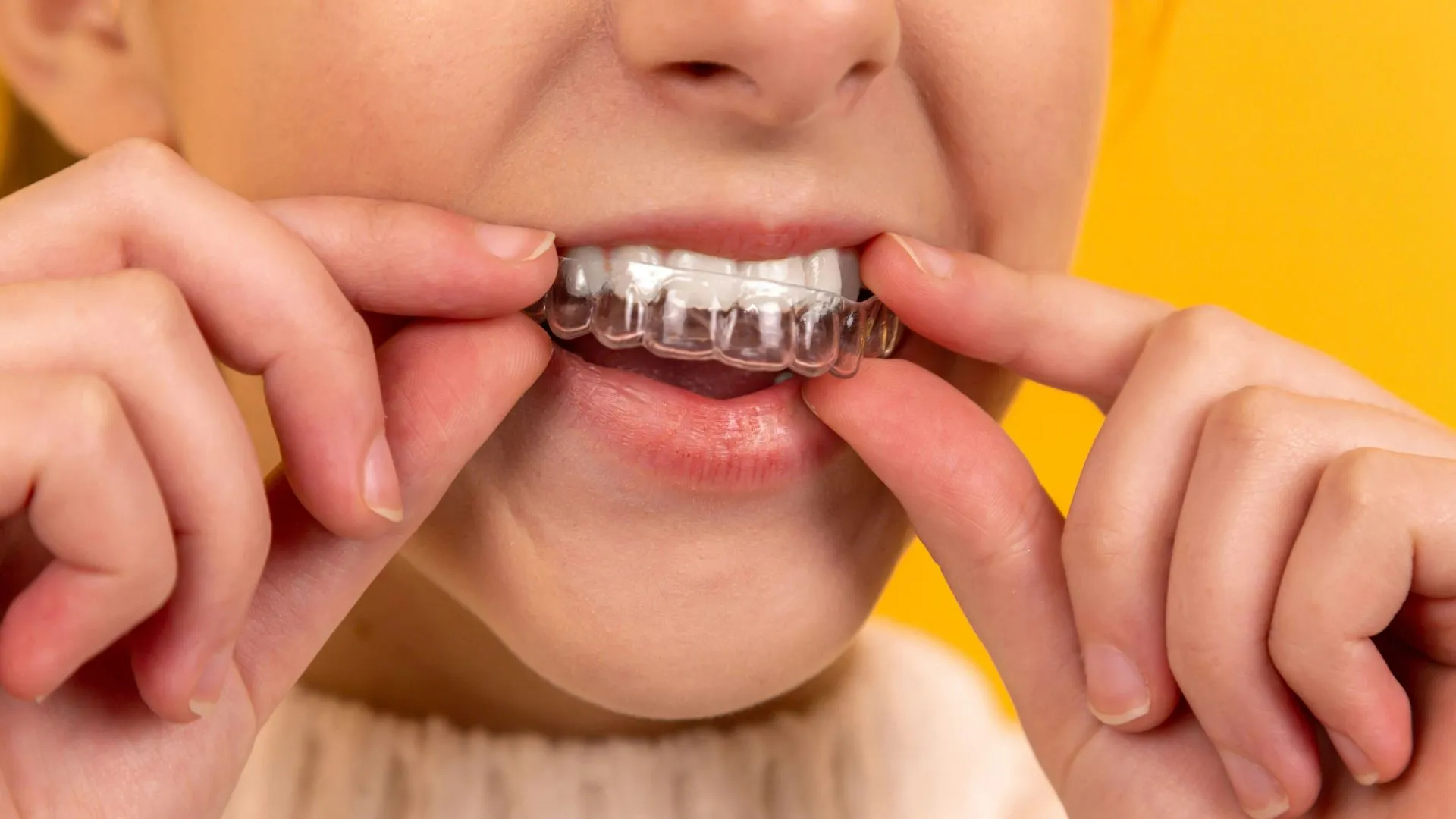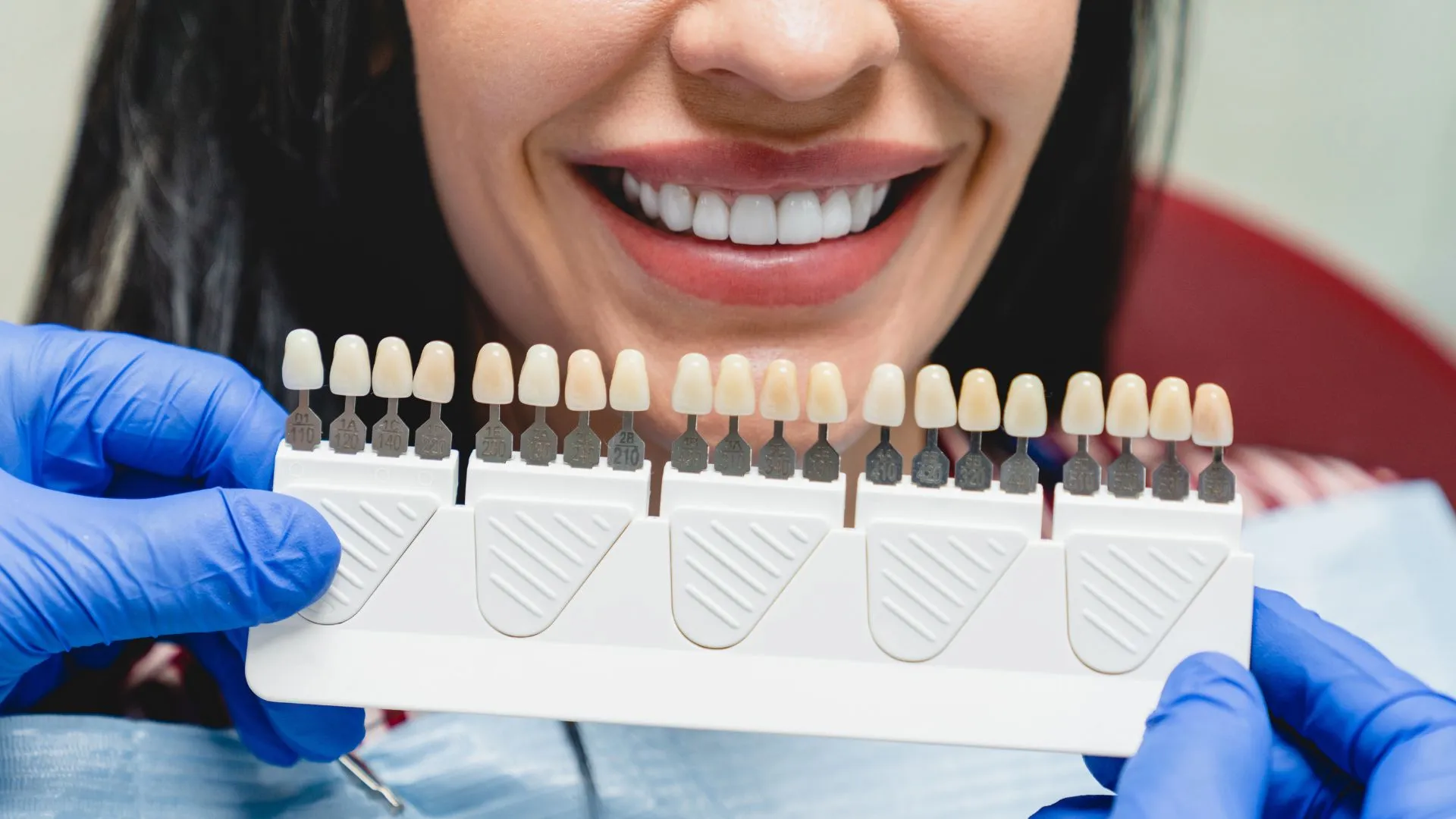Have you ever awoken with your mouth feeling incredibly parched, void of any saliva? Waking up with a dry mouth is very common, especially for those that breathe through their mouth. But dry mouth can happen randomly throughout the day and cause a small…
Have you ever awoken with your mouth feeling incredibly parched, void of any saliva? Waking up with a dry mouth is very common, especially for those that breathe through their mouth. But dry mouth can happen randomly throughout the day and cause a small amount of discomfort in addition to the annoying feeling it presents.
But why does dry mouth happen? Is there any way you can prevent it from happening? Are you at risk for any additional problems because of it? In this article, we go over almost everything you could want to know about dry mouth and ways you can quickly solve the problem at home.

What is dry mouth?
Dry mouth, though we call it a condition at times, isn’t a condition. It is actually a symptom of an underlying problem. For most people, the leading cause of dry mouth is associated with dehydration. In medical terms, dry mouth is a malfunction of the salivary glands, not producing or allowing the flow of saliva into the mouth. Dry mouth or xerostomia is highly treatable and crucial to do so for a few reasons.
Common causes of dry mouth
Because dry mouth is a symptom, there can be several underlying causes to explain it. As mentioned above, the most common cause of dry mouth is dehydration. But going further, some things will cause dehydration, including excessive caffeine or alcohol consumption, stress, and anxiety.
While these are just a few, there are many more, which can include:
- Diabetes
- Kidney problems
- Nutritional deficiencies
- Anemia
- Certain medications
- Radiation
Signs and symptoms of dry mouth
Dry mouth can happen at a variety of times and to people of all ages. There is no way to predict the onset of dry mouth, only to deal with the symptoms. Dry mouth feels like all the saliva and moisture has left your mouth. If you were to move your tongue around, touching the inside of your cheeks or roof of the mouth, it could feel like sandpaper. It is very similar to what it feels like when a cat licks our skin.
Adverse issues from dry mouth
Dry mouth can certainly be annoying, and an issue most wants to resolve quickly. There are many reasons aside from the annoyance you should correct the problem too. For example, dry mouth can contribute to tooth decay. It can also cause difficulty swallowing and burning mouth syndrome. If you are finding it difficult to swallow, eating becomes even more of a challenge.
Preventing tooth decay
One reason you should be concerned with dry moth is your teeth. While you may not know it, dry mouth can directly affect your teeth and contribute to tooth decay. You might be wondering how having a dry mouth could affect your oral health so severely.
Saliva is the primary component for washing away food particles. Keeping oral tissues and teeth consistently moist can help fight away cavity-causing bacteria. If bacteria are allowed to rest on the teeth for a period of time, even as little as 24-hours, it can start to harden and affect the gum tissue. Some of the results from untreated, dry mouth could occur including cavities, gum disease (periodontal disease), and tooth loss
How to treat dry mouth
The good news about dry mouth is that it is highly treatable. The most natural solution and one you should always attempt first is increasing your fluids. Make sure you are getting enough water in your daily routine. Often this can nip dry mouth in the bud and prevent it from happening. Although that isn’t the case for everyone, a majority of dry mouth sufferers find that making changes to their lifestyle to be the most natural solution.
Aside from drinking more water, using sugarless gum or sugar-free candy can often stimulate the salivary glands to start producing saliva again. These are relatively inexpensive and good to have on hand if you find you’re a chronic dry mouth sufferer.

Tips to relieve dry mouth
Getting rid of dry mouth can be done in numerous ways. You can try the food or water intake to get the salivary glands producing or turn to herbal remedies.
Check out a few of these herbal remedies that can quickly solve a dry mouth situation.
- Aloe Vera
- Ginger
- Hollyhock root
- Marshmallow root
- Red peppers
Some of these herbal remedies might not be as familiar as others, but they work on the same basic premise, to stimulate the glands. If you still haven’t found relief from the dry mouth with drinking more water, cutting back on caffeine, trying sugar-free candies, or the herbal remedies above, it is definitely time to visit your dentist.
Conclusion
Dry mouth is a symptom of an underlying medical condition. It can often be resolved by increasing water intake and eliminating dehydrating factors. If you’ve been having bouts of a dry mouth a few times a week, it would also be useful to talk to your dentist about possible causes, and if it may be affecting your teeth.



